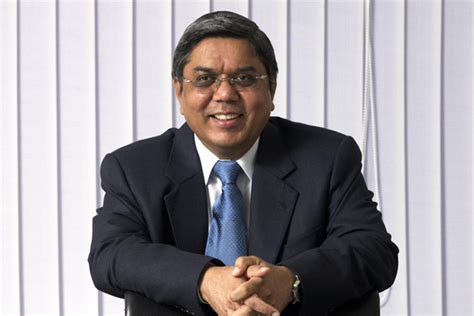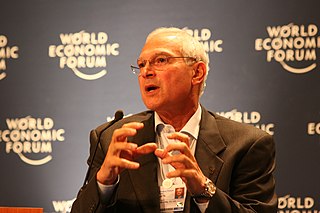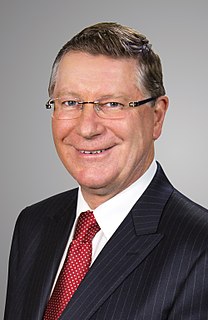A Quote by Vaclav Smil
Renewable energy is very significant.
Quote Topics
Related Quotes
The UK still has time to accelerate the take-up of renewable energy and put the nation on a path towards clean energy that is cheaper, stable and more sustainable. We have a stark choice: We can stay stuck in the last century's boom and bust approach to our economy in the way we consume energy and resources, or create a sustainable, stable and renewable energy infrastructure with the long term environmental and employment benefits that ensue
The cost reductions for renewable energy continue downward in a very dramatic way. We're in the early stages of a sustainability revolution in the globe that has the scale of the industrial revolution but the speed of the digital revolution. And you see it with renewable energy and you see it with LED lighting, which takes a fraction of the energy for the existing bulbs. All new lights are going to be LED. Electric vehicles. There are a lot of changes underway right now. I'm excited by the prospect, and I look forward to working in the months and years to come to accelerate this transition.
But to truly transform our economy, protect our security, and save our planet from the ravages of climate change, we need to ultimately make clean, renewable energy the profitable kind of energy. So I ask this Congress to send me legislation that places a market-based cap on carbon pollution and drives the production of more renewable energy in America.





































